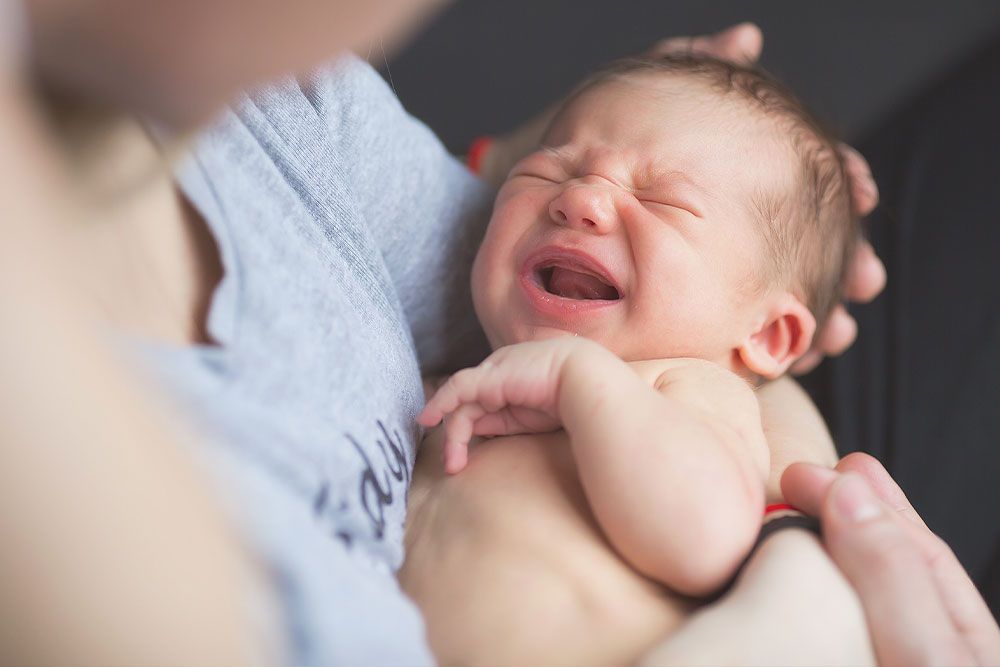The Mother-and-Baby Homes Inquiry Bill – One step forward and two steps backwards for Survivors?
Between 1922 and 1995, over 10,000 unmarried mothers and their children lived in mother-and-baby homes across Northern Ireland. Many were operated by religious orders and linked to Magdalene Laundries and workhouses. Survivors have reported widespread abuse, including physical and emotional mistreatment, forced labour, and coerced adoption.
In early 2025, the Northern Ireland Executive initiated a two-stage inquiry. The first stage, a non-statutory Truth Recovery Panel, collected survivor testimonies but lacked legal powers. The second stage, now proposed through legislation, is a statutory public inquiry empowered to compel evidence and witnesses, marking a crucial step toward transparency and accountability.
The Executive Bill: A Legislative Milestone
On 16 June 2025, the First Minister and Deputy First Minister introduced the Mother and Baby Institutions, Magdalene Laundries and Workhouses Bill to the Assembly. The Bill aims to establish a statutory inquiry into systemic abuse from 1922 to 1995, alongside a redress scheme for survivors.
While this legislative step is significant, the Bill has attracted immediate criticism. Most notably, the redress scheme excludes claims relating to individuals who died before 29 September 2011 — an arbitrary cut-off that excludes many survivors and their families from compensation or official acknowledgment.
The Bill has passed its First Stage but remains under scrutiny. As drafted, it risks excluding a substantial proportion of those affected, raising concerns over fairness.
Eligibility and Exclusions Under the Redress Scheme
The Bill proposes a Standardised Payment (SP) of £10,000 to eligible survivors and £2,000 to family members of deceased victims — but only if the death occurred on or after 29 September 2011. A further Individually Assessed Payment (IAP) scheme, based on the specific harm suffered, will follow after the inquiry concludes and require separate legislation.
Eligible individuals include:
Women and girls admitted to mother-and-baby homes or Magdalene Laundries during pregnancy or after childbirth.
Children born in or transferred from such institutions who suffered abuse or neglect.
Surviving family members of eligible individuals who died after the specified date.
Excluded groups include:
Victims who died prior to 29 September 2011, with no redress available for their families.
Although workhouses are included in the inquiry's scope, they are not included in the list of “relevant institutions” for redress payments under the current draft.
Women affected by coerced adoption outside institutional settings.
Adoptees or children never institutionalised.
Survivors of cross-border institutional abuse unless harm occurred within Northern Ireland.
Individuals indirectly harmed without direct residence in the institutions.
These exclusions have drawn sharp criticism for lacking transparent justification and for potentially violating human rights protections including the right to an effective legal remedy.
By comparison, the Republic of Ireland’s redress scheme accepts posthumous claims without a restrictive date cut-off, demonstrating a more inclusive approach.
As the Bill is still progressing through the legislative process, there remains a crucial opportunity to advocate for a fairer, more inclusive scheme for survivors and their families.

